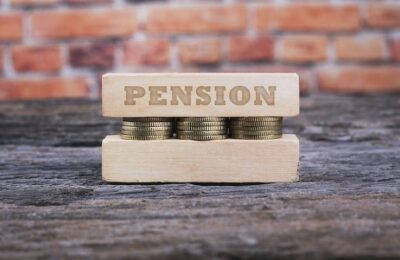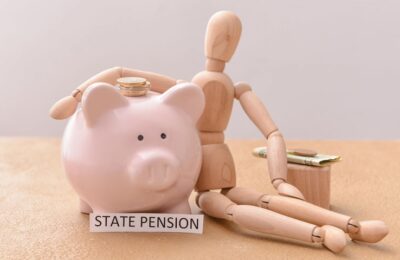Dying without a Will is not a good plan
It’s distressing, and not something any of us want to think about, but you may be surprised to learn that many people are still dying without making a Will.
No matter how insensitive this may sound, this is not a subject that should be ignored, especially in this current difficult time.
In legal terms, this means they die “intestate” and when this happens, their assets (or “estate” as it is known) must be shared out according to certain set rules.
Individuals who may benefit under these rules are:
- Married partners and civil partners at the time of death. This includes separated partners but not divorced partners or a civil partner if a civil partnership has ended. Note – this does not include common law cohabiting partners.
- Children, grandchildren and great grandchildren, if the estate is over a certain amount.
- Parents, brothers and sisters, nieces and nephews.
- Grandparents, uncles and aunts.
The order in which estates are distributed follow strict rules. For example, if there is a surviving spouse, a child only inherits from the estate if it is valued at more than £250,000.
It is important to note that partners who are unmarried, or not in a formal civil partnership, have no claim on their deceased partner’s estate. So if you are simply cohabiting and wish your partner to receive something on your death you must make a Will.
If you don’t have a Will, you can find out who your assets will go to on your death by visiting https://www.gov.uk/inherits-someone-dies-without-will
When family groups are affected by divorce, re-marriage, or co-habiting and there are children involved, the actual rights of family members to share in a deceased’s estate can be complex.
This can often result in assets being distributed in a way that does not correspond with the unwritten wishes of the deceased person.
The estates of anyone dying without a Will and who have no surviving relatives, are passed to the Crown under the “Bona Vacantia” rules.
For these reasons, it really is important for everyone to have a Will prepared, make their intentions known and ensure that their wishes are legally enforceable.
Taxation will also need to be considered. If you die without making a Will, a disproportionate share of your estate may well be lost to the taxman.
The current rate of Inheritance Tax applied on chargeable assets on death is 40% which can mean that a sizeable sum of money will go with you to your grave!
Readers of this article who have not made a Will or considered the Inheritance Tax consequences of their death should take advice now. Failure to do so may create distressing situations for surviving family members and result in a large chunk of your hard-won assets being paid over in taxation.
At THP we have a legal services department ready to help you with all matters concerning Wills, Estate and Inheritance Tax planning. Please call to arrange your initial consultation meeting which will be free and entirely without any obligation.
About Ian Henman
London lad Ian joined THP in October 2016 to set up and manage THP’s new legal services department.
Starting at the tender age of 19 Ian spent almost 30 years building his career at Natwest/RBS becoming a business client account manager to many local businesses.
Ian was looking for a new challenge and as THP was searching for someone to gain accreditations and spearhead the legal services department, there was a clear synergy.
More posts by Ian Henman











